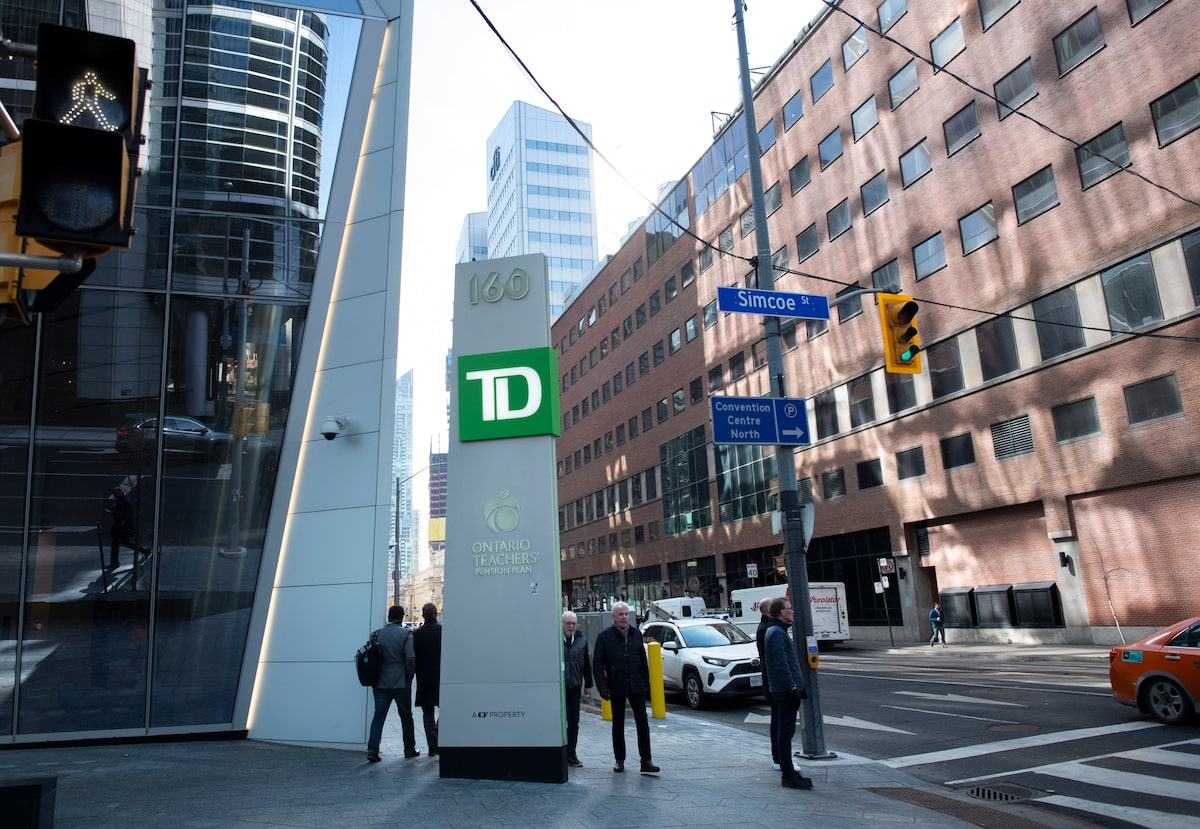US regulators have found evidence that TD’s anti-money laundering fraud detection is insufficient
For months, analysts have predicted a fine in the range of US$500-million to US$1-billion, but that’s now jumped. “We believe cumulative fines could easily hit $2-billion,” Mr. Dechaine wrote.
Meanwhile, in Canada, TD is facing record fines (archive) from Canadian regulators.
Laundering drug money is nothing compared to the other unethical stuff banks do daily in the name of record profits each year.
Like what?
There is a difference in passively not reporting something that is probably obviously money laundering, and actively funding something harmful.
Don’t get me wrong, drug money isn’t clean, but funding war or investing in oil and gas companies probably does more harm.
Like $10B in ‘earnings’ made by investing other peoples money and charging them fees.
This is the best summary I could come up with:
In January, 2021, American law enforcement agencies surveilled a suspicious box truck and a Lexus SUV through the streets of Queens, N.Y. Their hunch was that a criminal ring was out to launder drug money.
“I regret that there were serious instances where the Bank’s AML program fell short and did not effectively monitor, detect, report or respond,” TD’s chief executive officer Bharat Masrani said in a statement Friday.
For months, investors and analysts have wondered if U.S. authorities were concerned about multiple AML breaches at TD over a long period of time, which might soften the financial blow, or if there was a new, major event that would result in much tougher enforcement.
TD, then, is in the centre of a geopolitical firestorm that spans China, which often supplies the chemicals for narcotics, Mexico, which manufactures the drugs and moves them into the U.S., and Russia, whose spies are reportedly deeply embedded in Mexican criminal groups.
Criminal rings now use “a wide range of innovative methods that avoid international wire transfers and pose particular obstacles for law enforcement,” Vanda Felbab-Brown, a senior fellow at the Brookings Institution in Washington, D.C., warned in a March U.S. Senate hearing.
In one instance, law enforcement found one of the ring’s members carrying multiple heavy bags up to the teller window at an unnamed financial institution, after which Mr. Sze approached and took numerous bundled stacks of U.S. currency out and placed them on the counter to be processed.
The original article contains 1,212 words, the summary contains 246 words. Saved 80%. I’m a bot and I’m open source!




